
Kate masur
Professor Kate Masur and Dean Adrian Randolph discuss how her latest book, Freedom Was in Sight! draws on the words and experiences of people who lived during Reconstruction, as well as her teaching approach and the evolving style to teaching history in today’s classrooms.
Learn more and watch the conversatioN
|

Daniel Immerwahr
Professor Daniel Immerwahr and Dean Adrian Randolph discuss a variety of subjects including why the teaching of history is essential and his upcoming book on fire history in the United States.
Learn more and watch the conversatioN
|
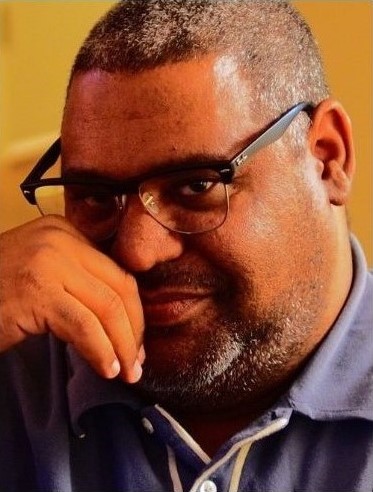
Chris Abani
Professor of English Chris Abani and Dean Adrian Randolph discuss “ubuntu,” a concept that recognizes our interconnectedness, the importance of an English major in today’s world, and the Program in African Studies, which holds the largest collection of African and Africana books and artifacts outside of Africa.
Learn more and watch the conversatioN
|
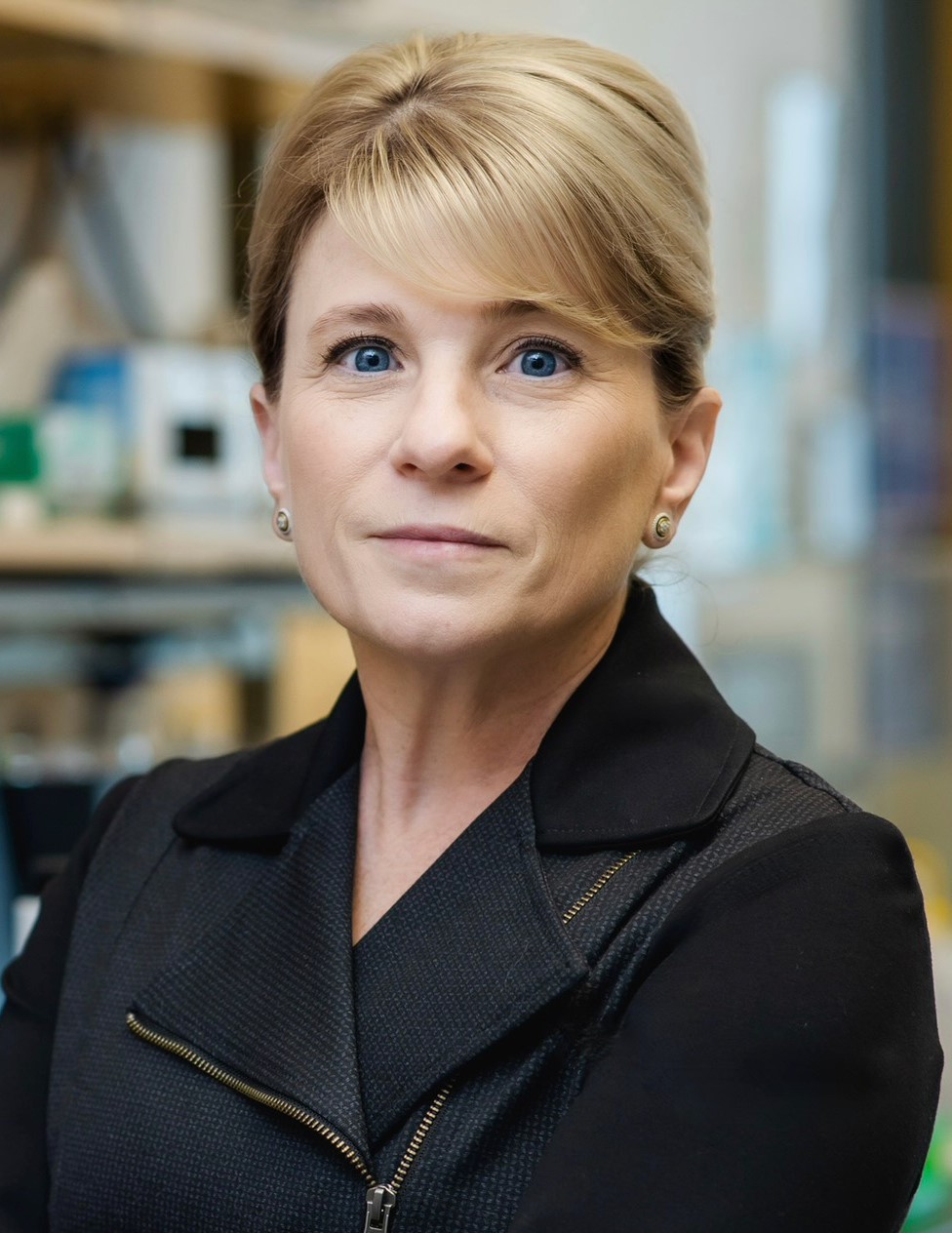
shana Kelley
Professor of Chemistry Shana Kelley and Dean Adrian Randolph discuss creating new tools to diagnose and treat diseases, the importance of interdisciplinary and translational research at Weinberg College, and the Chan Zuckerberg Biohub: a new and cutting edge collaboration between Northwestern, UChicago, and the University of Illinois Urbana-Champaign.
Learn more and watch the conversatioN
|
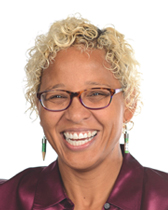 Susie Phillips Susie Phillips
Professor of English Susie Phillips and Dean Adrian Randolph discuss why teaching matters, how asking bold questions can open entire worlds of “speculative possibility” in scholarship, and the power of gossip.
Learn more and watch the conversation
|
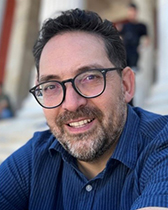 Gerry Cadava Gerry Cadava
Professor and Director of the Latina and Latino Studies Program, Gerry Cadava and Dean Adrian Randolph discuss the meaning of diversity in the United States through the lens of Latino identity, as our nation approaches its 250th anniversary.
Learn more and watch the conversation
|
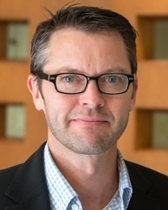 Thomas McDade Thomas McDade
Professor Thomas McDade and Dean Adrian Randolph discuss an interdisciplinary, community-based approach to understanding the spread of COVID-19, as well as vaccine hesitancy and factors contributing to herd immunity.
Learn more and watch the conversation
|
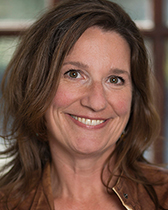 Sera Young Sera Young
Professor Sera Young and Dean Adrian Randolph discuss the challenges of household water insecurity around the globe, how we are starting to measure it, and why UNESCO is paying attention to the work at Northwestern.
Learn more and watch the conversation
|
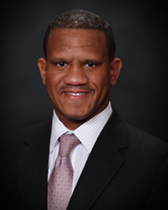 Alvin B. Tillery, Jr. Alvin B. Tillery, Jr.
Alvin B. Tillery, Jr., professor of Political Science and director of the Center for the Study of Diversity and Democracy, and Dean Adrian Randolph discuss the way in which democracy, diversity, and politics interact in the United States and around the globe.
Learn more and watch the conversation
|
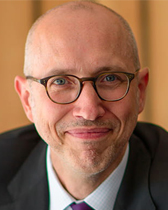 Dean Adrian Randolph Dean Adrian Randolph
Dean Adrian Randolph shares insights from his fall quarter class, Introduction to European Art.
Learn more and watch the conversation
|
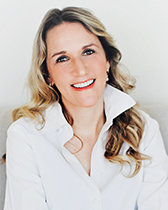 Marina Henke Marina Henke
Professor Marina Henke and Dean Adrian Randolph discuss the future of NATO, the impact of Brexit, and Great Power politics.
Learn more and watch the conversation
|
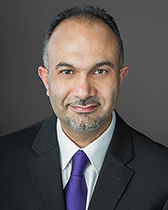 Omar K. Farha Omar K. Farha
Professor Omar K. Farha, of the Department of Chemistry and associate editor for ACS Applied Materials and Interfaces, and Dean Adrian Randolph discuss Professor Farha’s research effort to combat COVID-19 (as well as other Nerve Agents) with smart and programmable sponges.
Learn more and watch the conversation
|
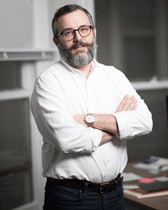 Andrew V. Papachristos Andrew V. Papachristos
Professor Andrew V. Papachristos and Dean Adrian Randolph discuss Northwestern Neighborhood Network Initiative (N3), an incubator where students, faculty, and experts look at key problems facing Chicago and its surrounding communities.
Learn more and watch the conversation
|
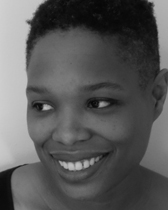 Adia Benton Adia Benton
Professor Adia Benton, of the Department of Anthropology, and Dean Adrian Randolph share reflections on COVID-19, the United States’ reaction to the virus, and other nations’ reactions to it. They also discuss how COVID-19 compares to the nature of the Ebola and HIV outbreaks, two viruses that Professor Benton has previously studied.
Learn more and watch the conversation
|
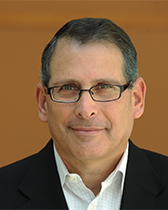
Martin Eichenbaum
Professor Martin Eichenbaum, of the Department of Economics and co-director of Northwestern’s Center for International Economics and Development, and Dean Adrian Randolph discuss pandemic economics, the tradeoffs between the severity of the recession we face, the health consequences of the pandemic, and “smart containment.”
Learn more and watch the conversation
|





 Susie Phillips
Susie Phillips Gerry Cadava
Gerry Cadava Thomas McDade
Thomas McDade Sera Young
Sera Young Alvin B. Tillery, Jr.
Alvin B. Tillery, Jr. Dean Adrian Randolph
Dean Adrian Randolph Marina Henke
Marina Henke Omar K. Farha
Omar K. Farha Andrew V. Papachristos
Andrew V. Papachristos Adia Benton
Adia Benton